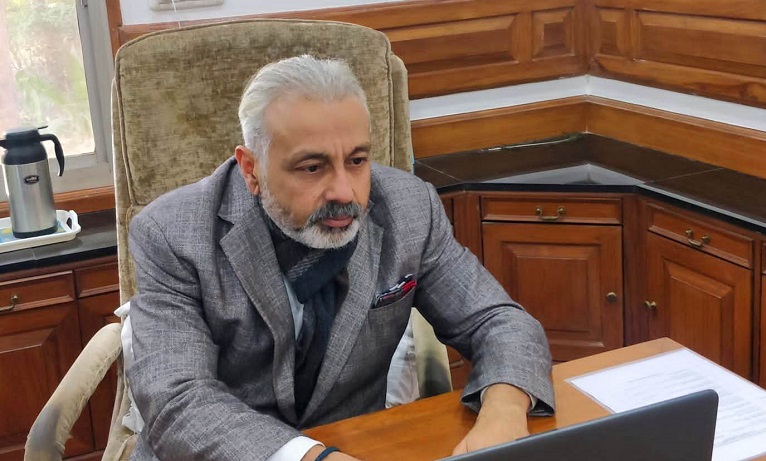The Necessity for ICT Training in Rural India
If we manage to have enough computer services in the rural and peripheral areas of India, the entire picture of our country can be revolutionized. In any case, it is a highly significant necessity for the less advantaged in rural areas because they have close to none functional computer expertise and an increasing number of services are now computer-based. Therefore, it is crucial to give every man and woman, married or unmarried, enough opportunities to master computer operations and fully benefit from the situation.
The "digital divide," which was once primarily thought of in terms of access to technology, is now also understood to be about people’s skills and abilities to benefit from access to technology. “In metro cities like ours, we use laptops or tablets to study since there is easy access to electricity and the internet, with just one mouse click, we get the information we want and even more than that. Rural areas, however, run differently. A “computer lab” may exist in some schools, but they are not as sophisticated as ours. Their “computer labs” have two or three outdated computers that are often slow due to a bad connection or simply being obsolete. Most of the material must be gleaned from physical textbooks in these circumstances because there is either limited or no access to electricity or the internet.” Says Anoop Singh Bishnoi, Chairman of The JDS School, Village Mehrajpur, Distt Fazilka, Punjab.
“Now, what could be done and must be done
is that in locations where Internet connectivity is sporadic, unreliable, or
intermittent, creative methods of caching and distributing digital content can
enable off-line access to a sizable number of online resources in ways that can
mimic online environments. Moreover, It is imperative to make the most of the
resources at hand. Radio and television, for instance, are still widely utilized
and suitable for educational purposes. Radio programs can be used to direct
teachers and students in the classroom to take particular actions under
Interactive Radio Instruction. When there are many pupils and no teachers,
interactive educational television might be used in rural schools. Bollywood
films with subtitles in their original language could encourage millions of
citizens to pick up reading.” Anoop adds.
Although there is a wealth of instructional
information available in digital formats, often in such locations where
students do not speak one of the major international languages, learning
shouldn’t be stopped due to the lack of study material. Instead, all of us should
take it upon ourselves to help these communities by translating such content into
their local languages. “The ICT skills, be it fundamental ones like typing
assignments or the more complex ones like coding, are not just “nice to have,”
but rather a requirement for all students to succeed in the era of digital
technology,” concludes Anoop Singh Bishnoi.




Comments
Post a Comment